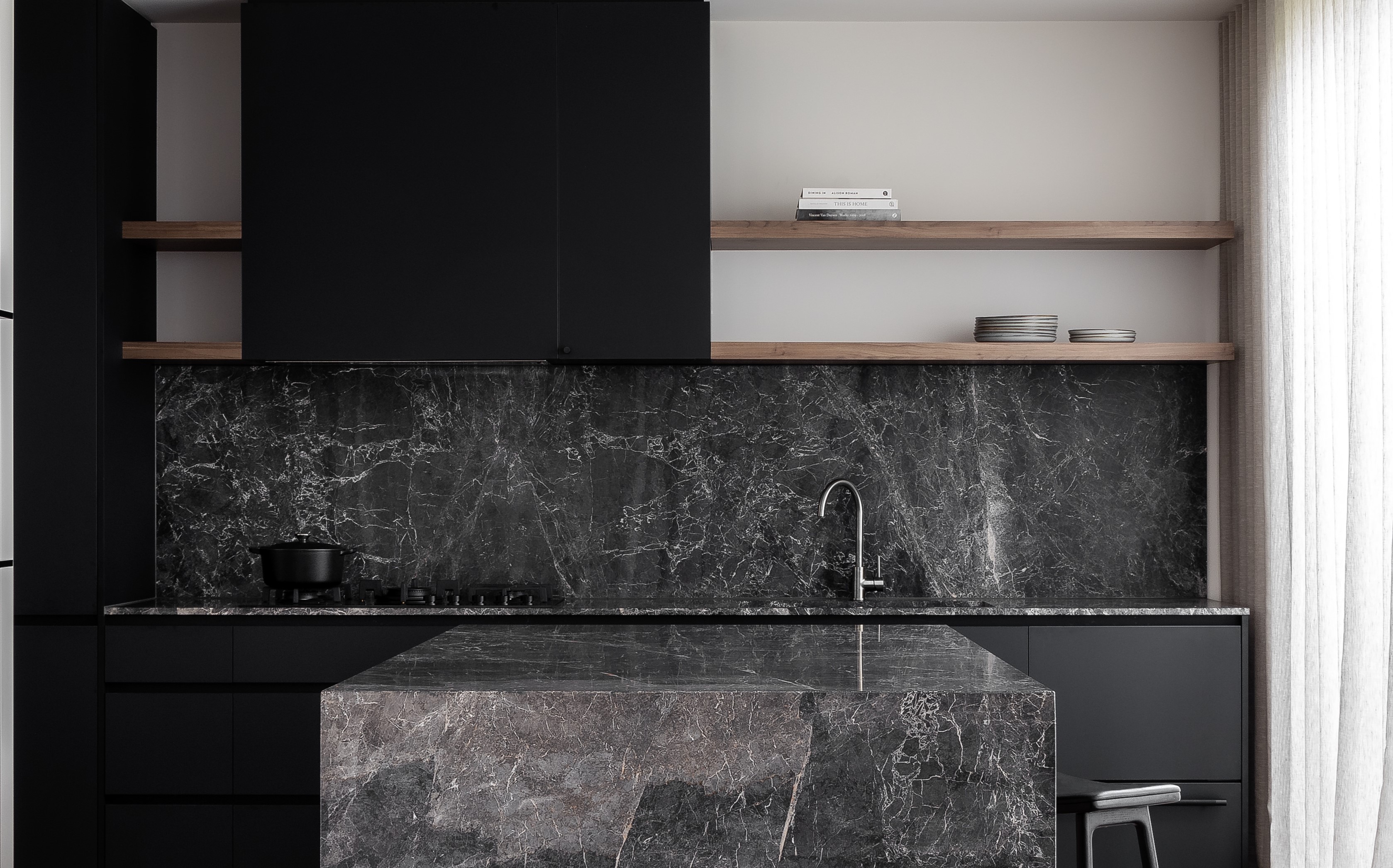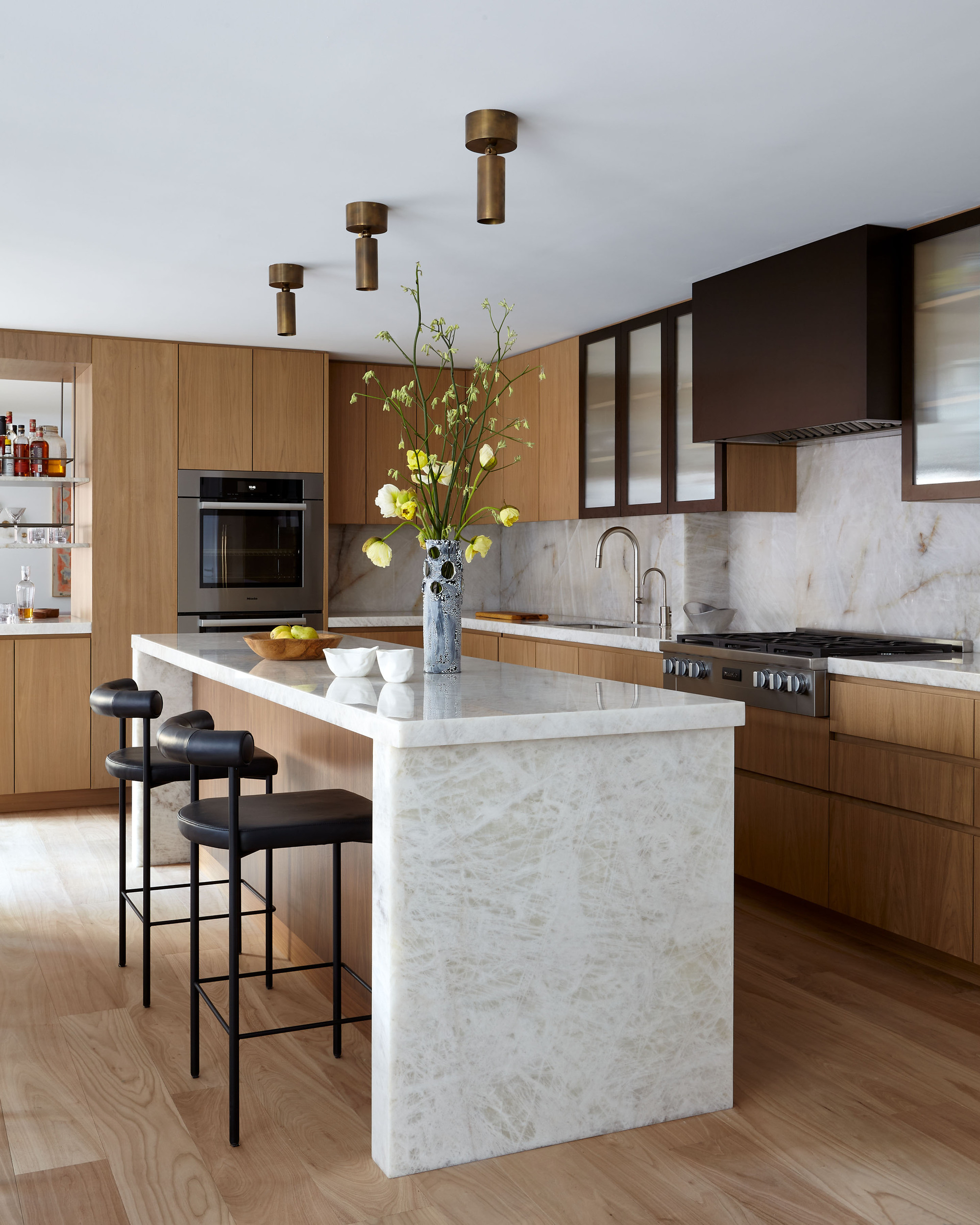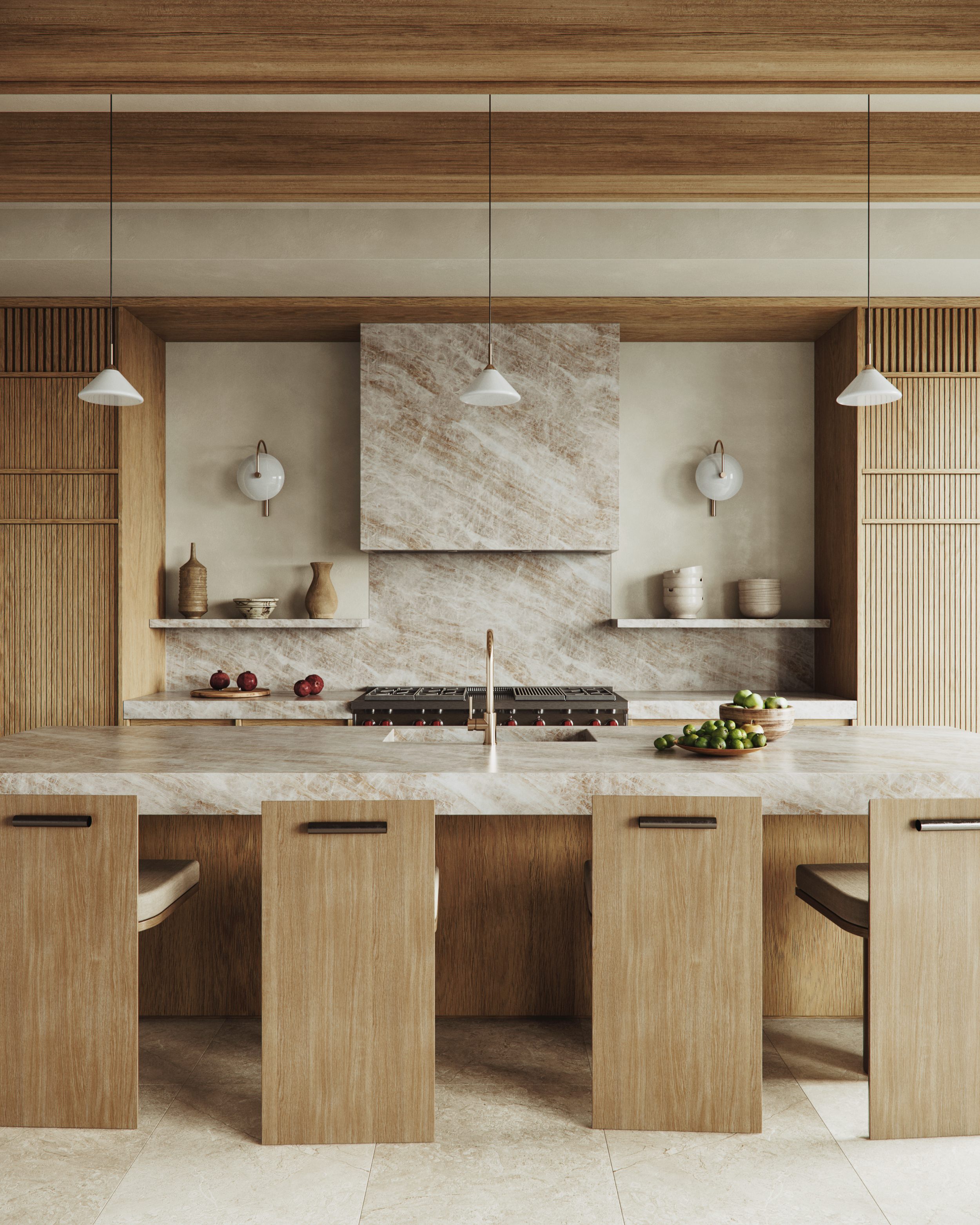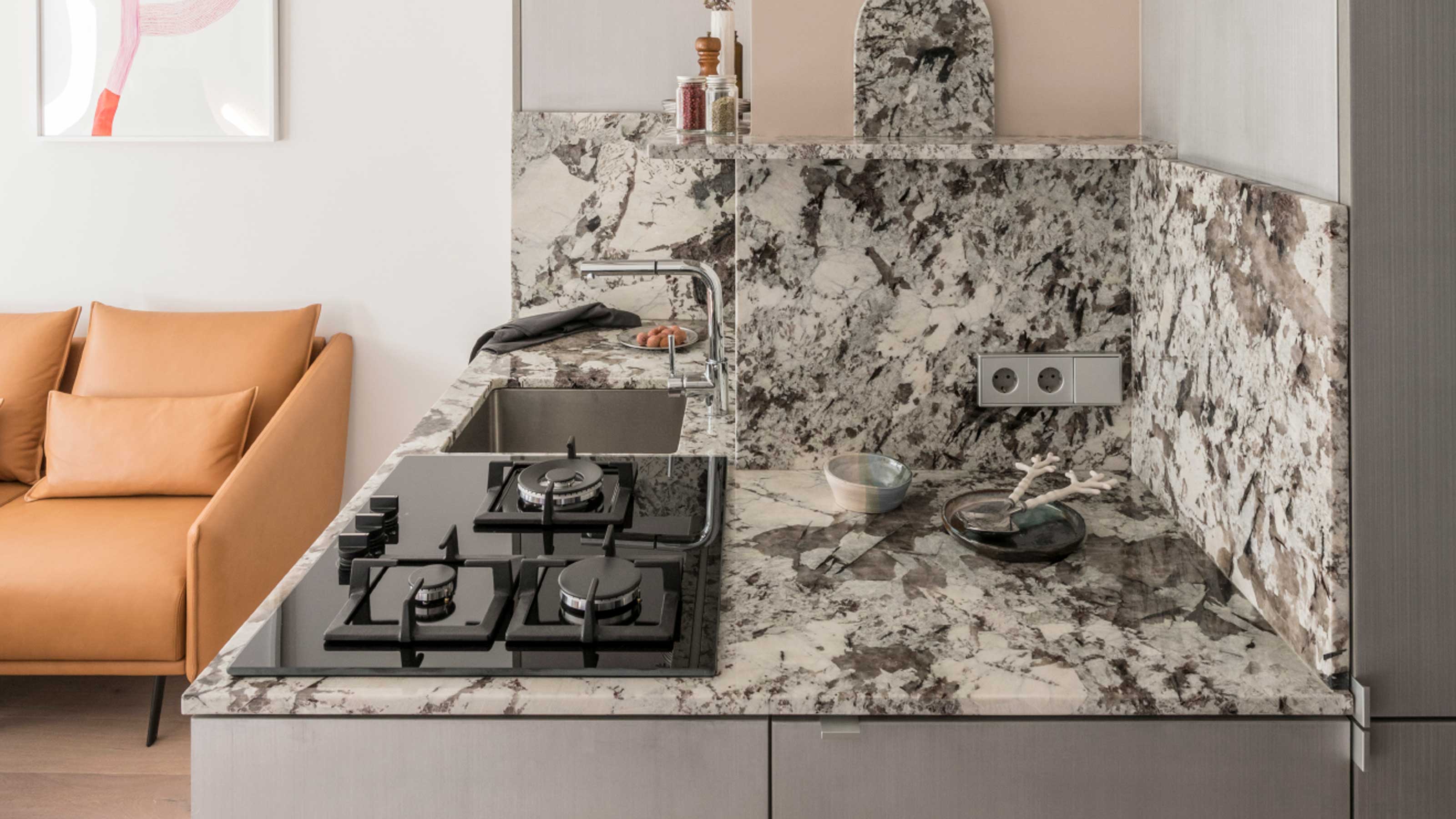
A kitchen is usually designed for the ages. This space needs to be timeless, durable, and long-lasting because it is not subject to frequent changes. Additionally, renovating this room is highly inconvenient as it halts the entire home and its activities. This is why choosing materials that not only enhance the room's value but also its longevity is essential.
Case in point: the countertops. Kitchen counters endure hot pans, spills, and scratches, as well as the general stresses of everyday cooking. Therefore, their durability and lifespan is a major factor to consider. Of course, the longevity of these surfaces greatly depends on the kitchen countertop material that you choose — the quality of it, and how well you take care of it. However, experts largely advise on three materials that are guaranteed to last generations.
Read on to learn about the most durable countertops for your kitchen.
1. Engineered Quartz

Experts advise that quartz is one of the best materials to choose for your kitchen countertops. It is extremely durable and can last decades, so you won't have to change it often.
The strong, durable material is made by pressing 90-95% ground quartz dust with 5-10% polymer resins. The combination of natural stone and resin is what gives quartz countertops their strength. This is also one of the most low-maintenance countertops.
"For manufactured surfaces, quartz is the top pick," says Tamara Eaton, owner of Tamara Eaton Design. "It is resistant to stains and highly predictable in performance. I recommend a polished finish for added durability, as it's slightly tougher than a honed surface. While quartz has been around for some time, advancements in technology have made its 'marble' patterns increasingly realistic with each new collection."
One thing to note is that quartz isn't indestructible. But it is easy to repair; in fact, you can even do the repairs yourself with a resin epoxy kit. Other times, the damage is better left to professionals to take care of. Also, to ensure that your counter doesn't fade, avoid exposing it to high heat (or temperatures above 300 degrees Fahrenheit).
2. Quartzite

If you were wondering whether quartz and quartzite are the same, the answer is no. Often used interchangeably, quartz and quartzite are two distinct materials. Quartz is man-made, formed by combining ground mineral quartz with resin and pigments.
Quartzite, on the other hand, is a natural stone, extracted from the earth through quarrying — much like marble or granite. To get a little more technical, it's a metamorphic rock that forms when sandstone rich in mineral quartz is subjected to consistent heat and pressure. "It's one of the hardest and most dense materials on earth; its durability is extraordinary," says Todd Prince, who runs a design studio in California.
"It’s the best balance of durability and aesthetics," says architect Lisa Breeze, who chose quartzite counters for her own Melbourne home (above). "I’ve ended up with most clients wanting to use it based on my positive experience."
It tends to be white or pale, but higher concentrations of an oxide mineral called hematite can produce a pink or red tinge, adding to the kitchen colors. Green, blue, and yellow quartzites do exist, but you'll likely pay more for their relative rarity.
"Marble countertops can be as delicate as they are beautiful, but they're prone to stains and chipping," says Amy Kreutz, partner at Conceptual Kitchens. "Found in similar creamy white shades, quartzite has become one of our favorite materials to use. Natural variations in veining provide that one-of-a-kind pattern you're looking for in a stone slab, and it's resistant to scratching and etching."
3. Granite

Did you know that granite is the hardest rock, second only to diamond? If you're remodeling a kitchen and want a "forever" space that will last generations, this is your best bet.
Granite is an igneous rock quarried and fabricated into one of the hardest and most durable kitchen materials. It has a naturally timeless look and can add value to any home. For decades, this material has enjoyed a high level of popularity. It is also known to increase a home's resale value. The only consideration is that it needs to be sealed often to maintain its look and longevity.
Granite is perfect for a modern kitchen that's built to last. When exposed to acids or other kitchen chemicals, granite doesn’t etch — nor does it stain easily in everyday use. This material is also heat resistant and can withstand a hot pan of 350° F to 450° F with no damage.
How long should kitchen countertops last?
In an ideal world, a countertop can last anywhere between 10-15 years. But this can vary based on the material you use, its quality, and the care and maintenance you give it. Usually, granite and marble can last even up to 20 years, if you seal them often.
What is the most durable countertop for a kitchen?
Quartz, granite, and laminate are considered durable, although laminate may not be the longest-lasting material.
Quartz is strong and does not break with small accidents or regular use. It is also heat and stain-resistant. Granite counters do not crack, chip, or get damaged with heat; however, they do need to be sealed every year to maintain their look and quality. Finally, laminate is a budget-friendly option and can mimic the look of natural stone. It is relatively durable and can be replaced more easily than natural stone, though it is susceptible to scratches.
What counters last the longest?
Granite, quartz, and quartzite apart, concrete, wood, and tile can also last reasonably long. Wood counters are sturdy and their lifespan depends on the type and hardness of the wood. Hardwood counters can last decades with care, while soft and more renewable wood countertops are designed to be replaced every 7-8 years. Similarly, tile is strong and can have a good lifespan too but needs a lot of care and maintenance, as tiles can break and the grout between tiles will need constant cleaning.
Finally, concrete countertops are very sturdy and can be expected to last about 10 years but the material is porous and so needs regular care.







